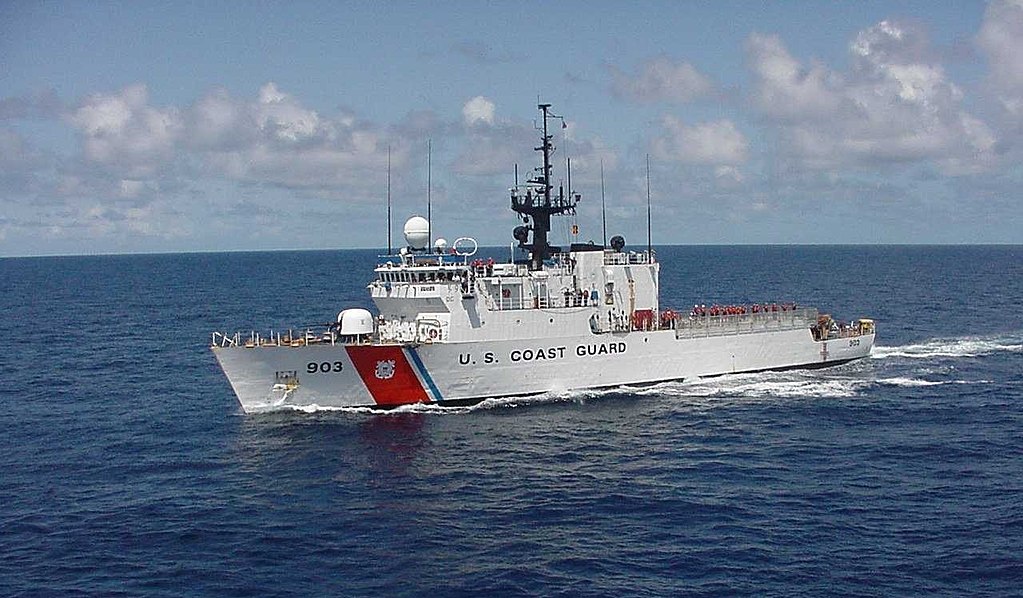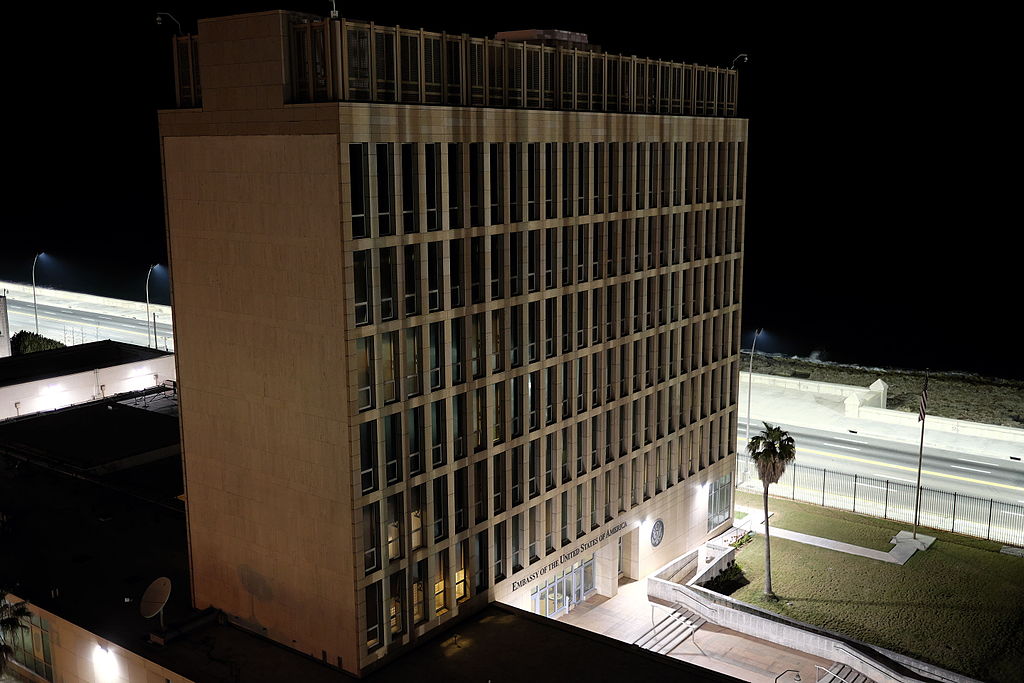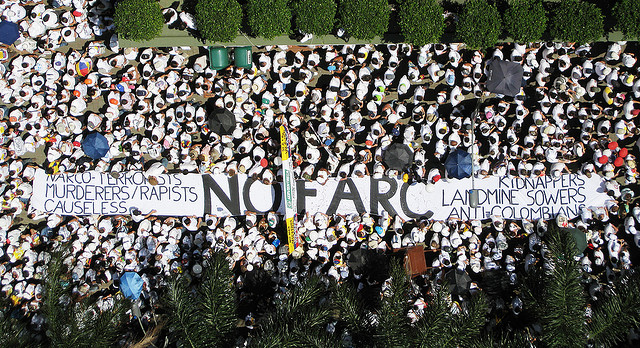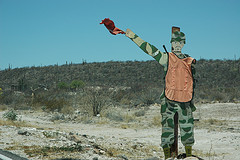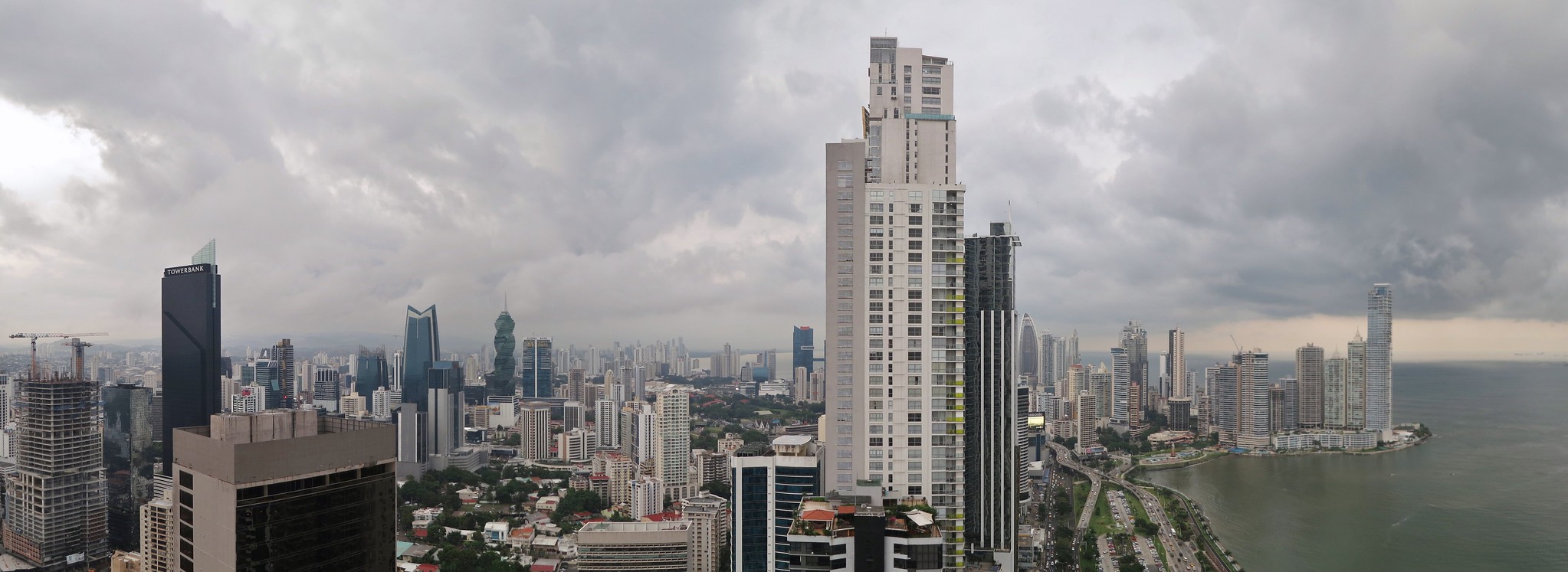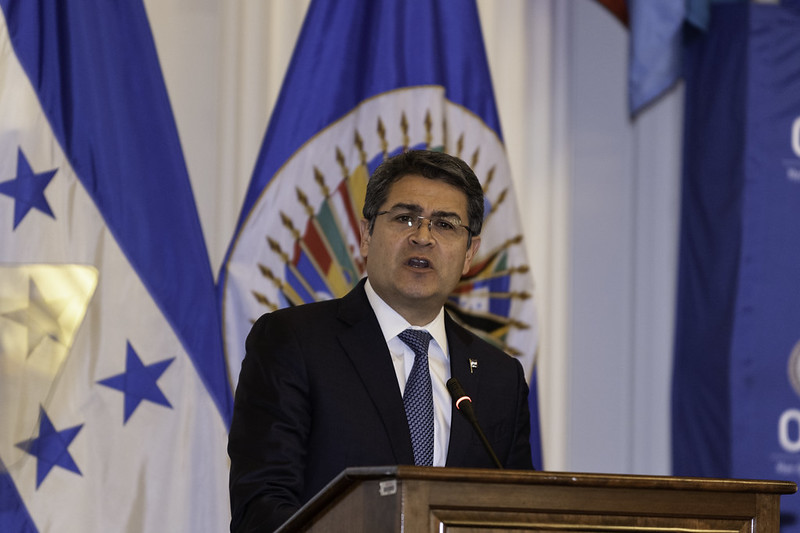
Latin America: Week in Review
Honduras Seeks Land for Mass Graves in Case Coronavirus Deaths Surge
April 9, 2020 By Staff
TODAY IN LATIN AMERICA
HONDURAS: The government asked mayors to identify plots of land that can be used for mass graves in case coronavirus deaths skyrocket and surpass the country’s ability to properly process and bury the dead. Authorities also banned most wakes and funerals for those who die during the crisis and barred in-hospital autopsies. The statement made last week stated that the transfer of bodies to other parts of the country was now banned.
President Juan Orlando Hernández warned of tougher days to come, saying “this is only the beginning” of the coronavirus crisis in Honduras. The country has confirmed 343 cases of COVID-19, the disease caused by the novel virus, and 23 deaths as of Wednesday. The most populated cities of Honduras are where most cases have been detected. Many cities also have weak public health systems, and are unable to meet the demands of a population of 9.2 million under normal circumstances. Despite a nationwide curfew put in place until April 12, several people have continued to disobey social distancing tactics.
Since the start of the outbreak, several other countries have also struggled to find proper burial places for victims of the coronavirus. Images of mass graves in Brazil, Honduras, Italy, France and Indonesia have been shared worldwide.
Headlines from the western hemisphere
ANDES
PERU: The Inter-American Court on Human Rights (IACHR) ruled that the Peruvian government was guilty of the torture of an LBGT detainee. This is the first time the court has ruled on a LGBT-related abuse case. The ruling, made public on Monday, sided with Azul Rojas Marín, a trans woman detained in Feb. 2008 who reported being beaten and raped by three officers. Rojas Marín was represented by three human rights organizations, including a London-based group called Redress, after state prosecutors dismissed Rojas Marín’s original complaint. The ruling also recommended financial compensation for Rojas Marín, but the government has not yet responded.
BOLIVIA: The Bolivian military and hundreds of citizens attempting to repatriate to their home country clashed at the border between Bolivia and Chile, as the group was denied entry by the government. The citizens have awaited permission to enter Bolivia since Monday, after 480 Bolivians were allowed across the border in Pisiga. Jeanine Añez, interim President of Bolivia, told the group they would have to wait for entry. On Tuesday, military forces shot tear gas into the crowd, gathered in the Chilean territory of Colchane, injuring an unreported number of people. The mayor of Colchane, Javier García Choque, asked Bolivian authorities to provide resources for the group in order to avoid another confrontation and a lack of food.
COLOMBIA: Hundreds of people gathered in a Medellín suburb, violating federal stay-at-home mandates, to attend the funeral procession of notorious gang leader Edgar Pérez. Pérez, who died of a heart attack on Sunday, was arrested for extortion in Dec. and was considered a local community leader. Risk analysts used the gathering as an indicator that the Colombian government is failing to enforce quarantine measures across the country, including in wealthy neighborhoods where many residents have disregarded federal orders.
CARIBBEAN
PUERTO RICO: Gov. Wanda Vázquez asked the Federal Aviation Agency (FAA) to ban Puerto Rico-bound flights from six U.S. states to help slow down the spread of COVID-19 on the island. She asked that flights from states with high numbers of confirmed cases, like New York and Florida, stop for the time being after two tourists from New York used medication to lower their fevers and pass through the health checkpoints the National Guard has set up at the San Juan airport. Additionally, the island’s Department of Health announced that it will now include suspected coronavirus deaths in their official death count, as advised by the Centers for Disease Control and Prevention (CDC). Puerto Rico has 620 positive cases and 24 deaths.
CUBA: The Cuban government will begin distributing doses of a homeopathic medicine to the elderly and other vulnerable populations as a way to try to curb the spread of the coronavirus in the country. The Cuban-manufactured drug, PrevengHo-Vir, can prevent influenza, flu, dengue, and other emerging viral infections, according to Cuba’s Center for State Control of Medicines, Equipment and Medical Devices (CECMED). The National Director of Epidemiology at Cuba’s Health Ministry Francisco Durán said the drug increases “the body’s defenses” against certain viruses as cases rise to 457 and deaths total 12.
CENTRAL AMERICA
PANAMA: Government officials announced that Minera Panama will be temporarily closed after a 62-year-old miner died from COVID-19. The mine, which is one of the biggest producers of copper in the region, was originally exempt from the nation-wide shutdown of other companies announced in mid-March. Since Tuesday, there have been 10 confirmed cases of coronavirus amongst miner workers.
GUATEMALA: President Alejandro Giammattei announced Wednesday that the use of face masks when in public will now be mandatory in an attempt to combat the spread of COVID-19. The government plans on distributing three million masks throughout the country, and a fine will be placed on those who do not wear them. Giammattei stated that he hopes the use of masks will reduce the increasing number of COVID-19 cases, but also announced that, if this does not occur in the next 20 days, more drastic measures will be taken. Guatemala is currently under a nationwide curfew, and has placed limits on public transportation as well as the sale of certain goods. There are currently 80 confirmed cases of coronavirus in Guatemala.
NORTH AMERICA
MEXICO-U.S.: The Mexican government reported at least 108 coronavirus-related deaths in the U.S. More than 80 Mexicans have died in New York, and an additional seven fatalities were reported in Illinois. The actual number of deaths is suspected to be higher, according to a statement by Mexico’s foreign ministry. The figures only include deaths reported to its consulates.
UNITED STATES: ICE detainees in immigration jails are begging for deportation as coronavirus spreads. Cries for masks, gloves, and hand sanitizers have been ignored, and little information has been shared about the virus. Detainees were isolated after one had COVID-19 symptoms, The Guardian reported Saturday. Although Attorney General William Barr ordered the release of inmates who may be at risk of contracting the virus, ICE continues to hold more than 34,000 detainees, the majority of which have no criminal record. Human rights groups have filed lawsuits ordering the release of immigrants.
Image: Honduran President Juan Orlando Hernández at an OEA-OAS meeting in February 2019 courtesy of OEA-OAS via Flickr.
